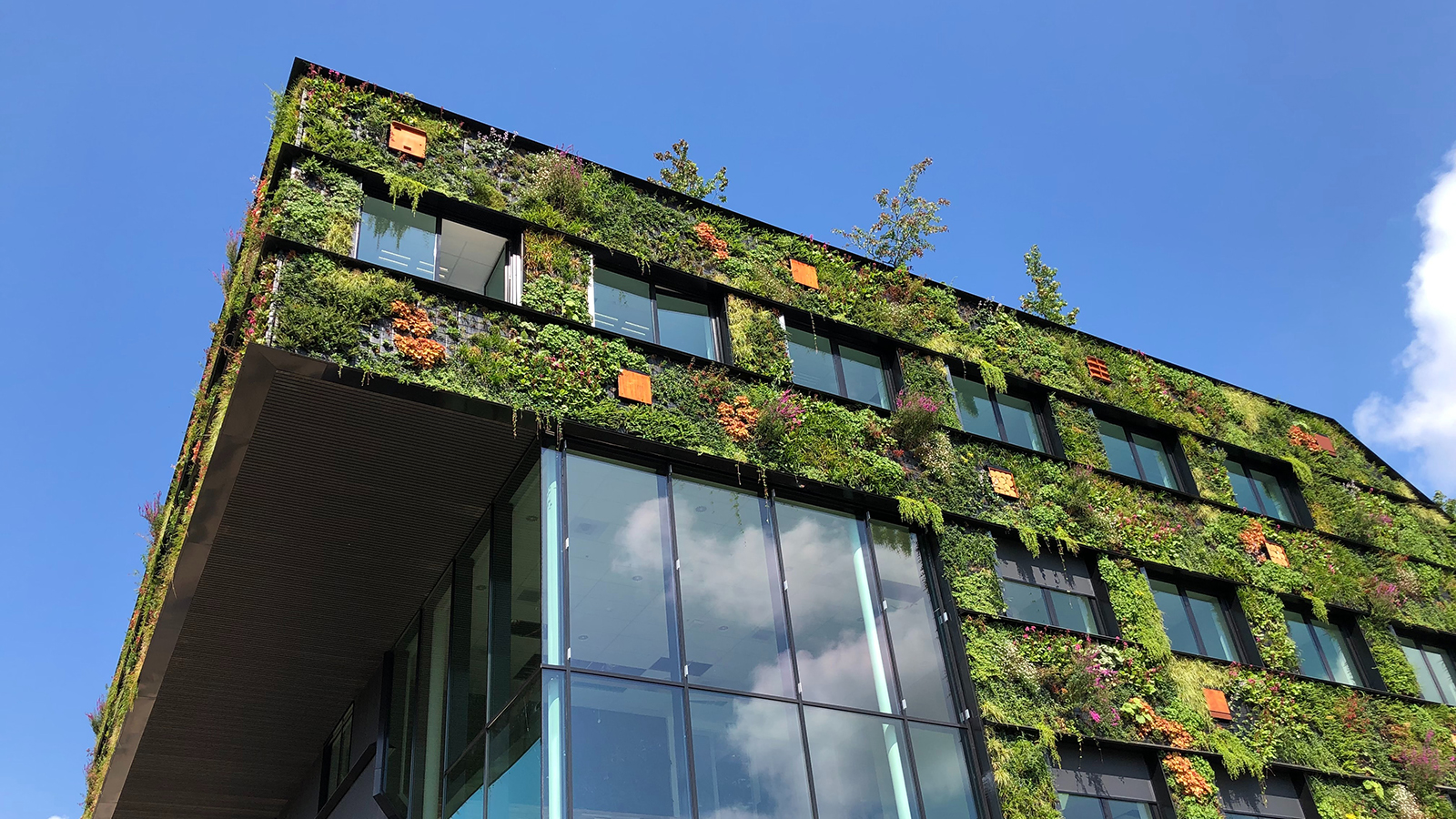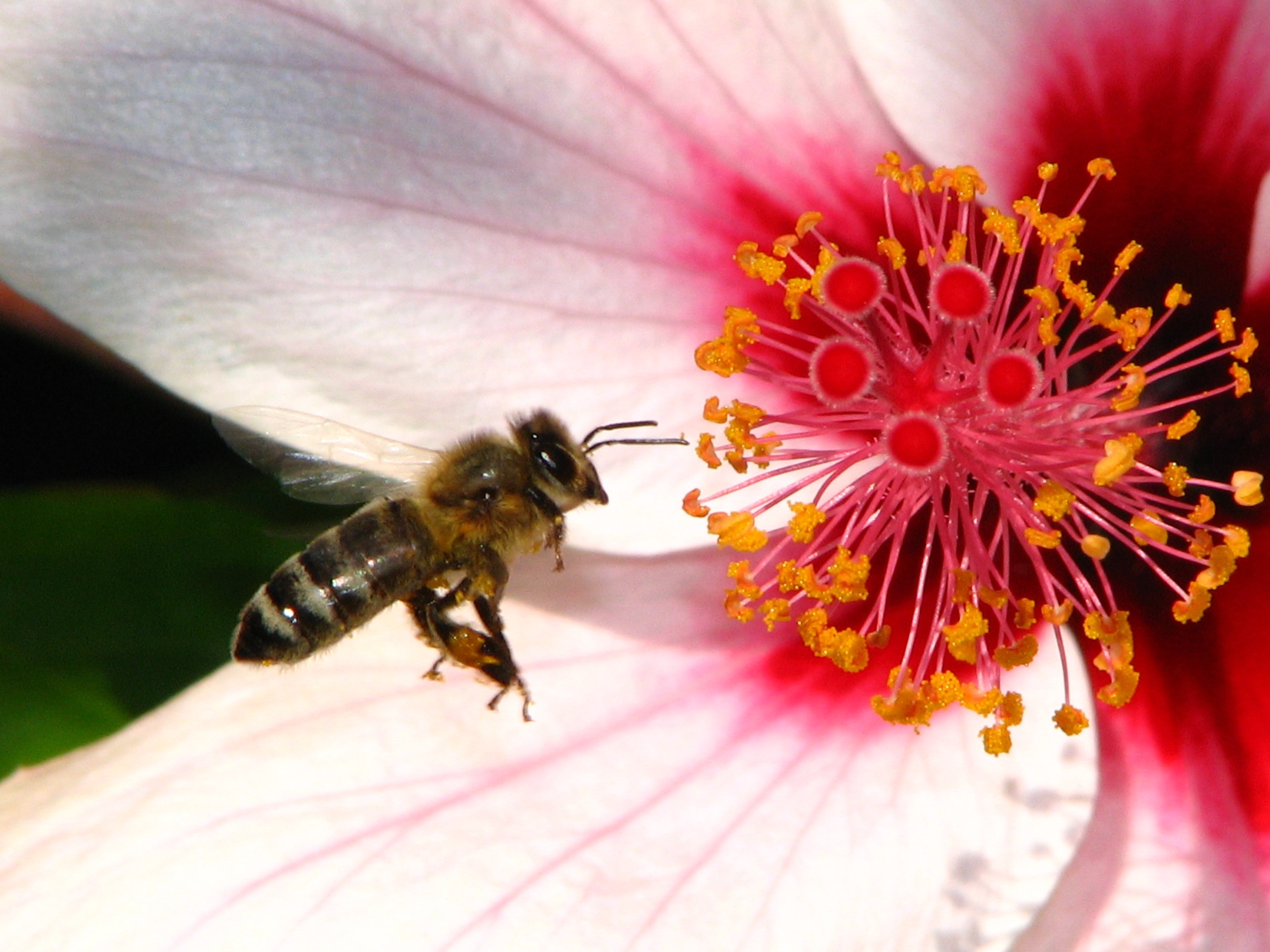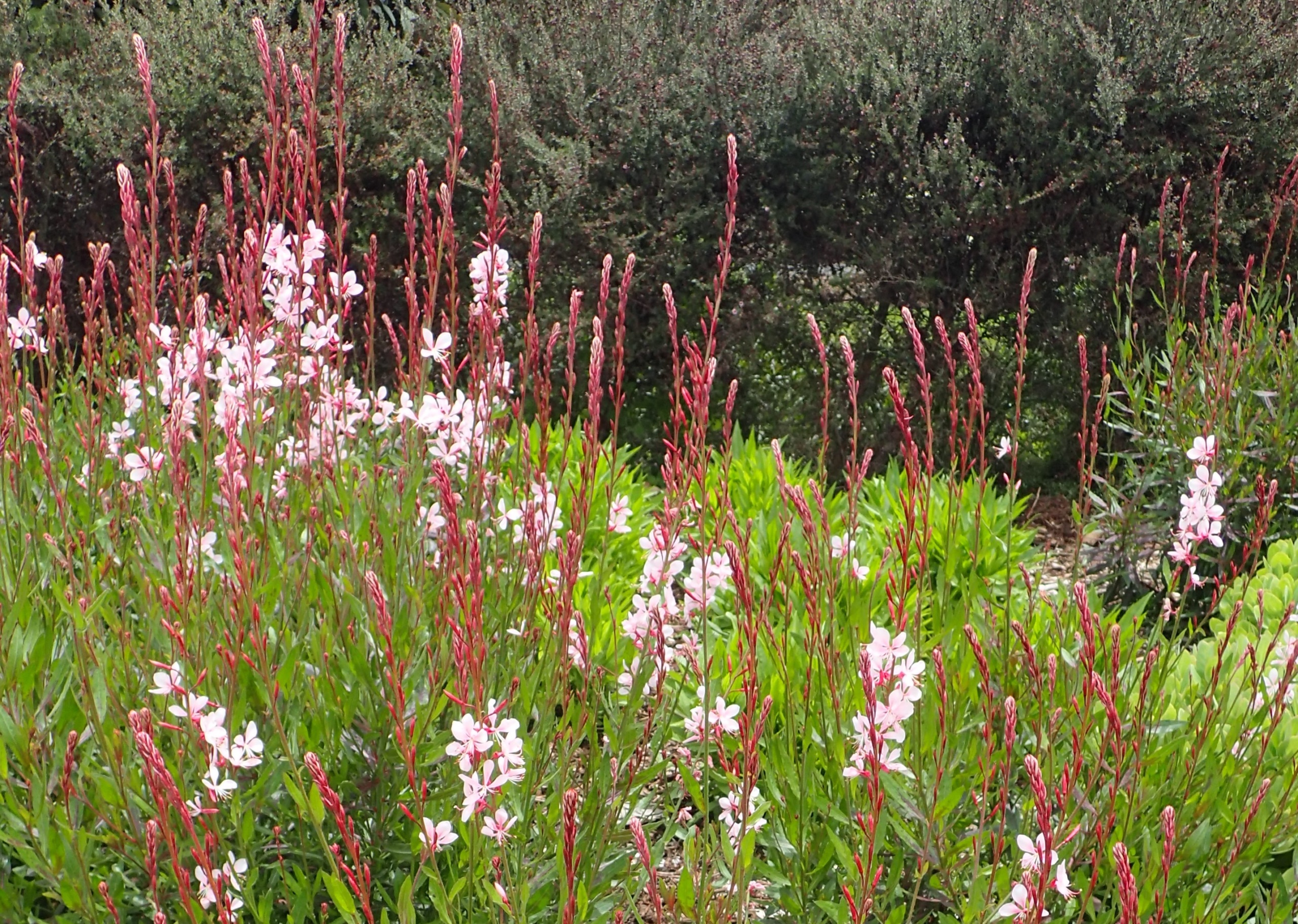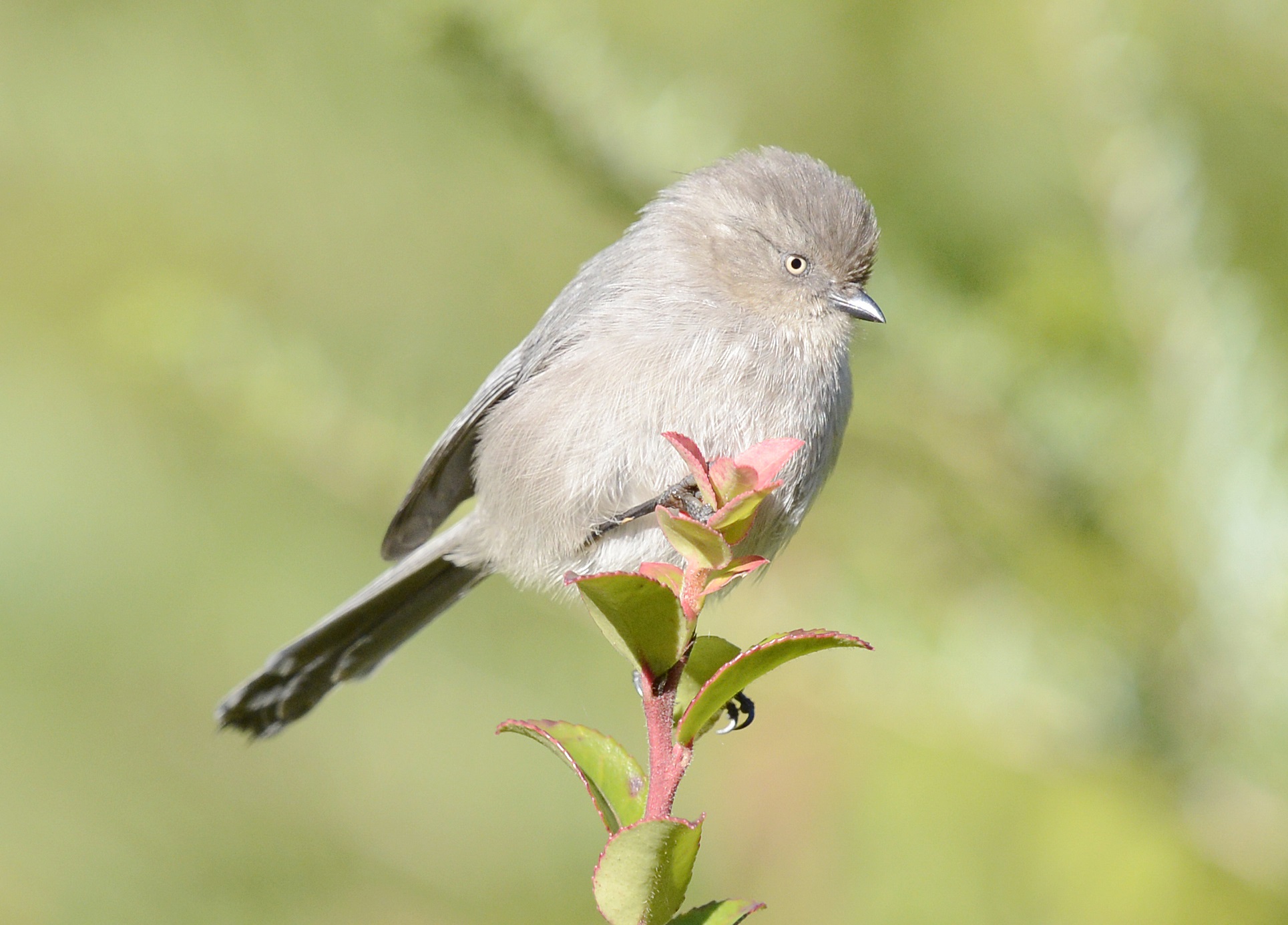
Why “Save the Bees” should extend to other insects
This past spring, I noticed that flowers in my front yard were covered in aphids and I immediately bought insecticidal soap to get rid of them. My response to those aphids – get rid of them – has long been our response to all insects. But this decades-long antipathy toward all insects is one reason we’re facing an “insect apocalypse.”
This past spring, I watched with great anticipation as the “wand flowers” in my front yard sent up long stalks loaded with flower buds, knowing that as soon as the flowers opened they would attract lots of bees. But before the flowers bloomed, I noticed that the plants were covered in aphids. I immediately bought insecticidal soap to get rid of the aphids without harming the bees.
My response to those aphids – get rid of them – has long been our response to all insects. We not only spray pesticides in our gardens and on our lawns, but we hang traps to kill wasps that are drawn to our outdoor meals and turn on the bug zapper in the hopes of clearing out mosquitoes and other bugs in the backyard. More significantly, we apply insecticides to millions of acres of crops.
I acknowledge that some of this is for good reason. I don’t like mosquito bites, caterpillars in my broccoli or weevils in my rice, and if I were trying to make a living as a farmer I wouldn’t want to lose a portion of my crops to insects.
But this decades-long antipathy toward all insects is one reason we’re facing an “insect apocalypse.” Formerly abundant insects have been declining by 1 to 2% annually. Populations of some well-known insects have dropped precipitously: monarch butterfly populations have fallen by 90% and rusty-patched bumblebees have declined by 87%. Mayflies, a species that has survived longer than any other winged bug on earth, have declined by more than 50% in some areas.
These population declines are caused not just by pesticides that are targeted at specific insects, but by a host of human activities. Deforestation for new homes and farms destroys insect habitat. Introduced species compete with or prey upon native insects and their food sources. Insecticides contaminate soil and water. Light and sound pollution disrupt insects’ natural cycles. Sewage pollution and silt damage waterways that are important to some insect species. Global warming has raised the temperature of cool-water streams that some insects rely upon, fed forest-destroying wildfires, and facilitated the migration of non-native species.
The loss of insects means the bottom of the food chain is in peril. Birds, fish, spiders, frogs and many other animals eat insects as a primary food source. When insect populations decline, those other animals decline. The decline of insect populations can affect the food humans eat, too.
And in this one regard, Americans have come to realize that perhaps not all insects are bad: Pollinators like bees, wasps, moths and beetles ensure the production of one third of the food we eat. We’ve embraced bees, despite their ominous buzzing and the potential for painful stings. Many cars in my neighborhood have bumper stickers that say “Save the bees” and my mother-in law bought herself a t-shirt that says “Bee Kind” (though she also fully supports her husband’s application of pesticides to rid the lawn of clover that would attract bees). Numerous advocacy organizations, including Environment America and U.S. PIRG, have discovered widespread public engagement and support for policies to protect pollinators, especially bees.
Like my fellow Americans, I appreciate bees and that’s why I was so eager for the wand flowers to bloom and to draw in so many bees that I’d be able to hear them buzzing from across the yard. After learning more about the insect apocalypse and watching the bugs in my front yard, I’m starting to think I need to be more tolerant of other bugs, too.
I never got around to spraying the insecticidal soap on the wand flowers. Instead, a week later I noticed a flock of bushtits had descended on the plants at dusk, calling to each other as they clung upside down on the delicate stalks, eating the aphids. Over subsequent evenings, my son and I watched in amazement at the tiny birds’ acrobatics as they wiped out every last aphid.
While I don’t expect to see anyone wearing a “save the aphids” t-shirt any time soon, I do hope that Americans’ awareness of the value of pollinators leads us to hold other insects in higher regard. Our concern for bees and monarch butterflies has led to actions to protect their food and habitat, and to limit pesticides that may present the greatest threat. It’s time for us to extend that concern and protection to many more bugs.
Topics
Authors
Elizabeth Ridlington
Associate Director and Senior Policy Analyst, Frontier Group
Elizabeth Ridlington is associate director and senior policy analyst with Frontier Group. She focuses primarily on global warming, toxics, health care and clean vehicles, and has written dozens of reports on these and other subjects. Elizabeth graduated with honors from Harvard with a degree in government. She joined Frontier Group in 2002. She lives in Northern California with her son.
Find Out More
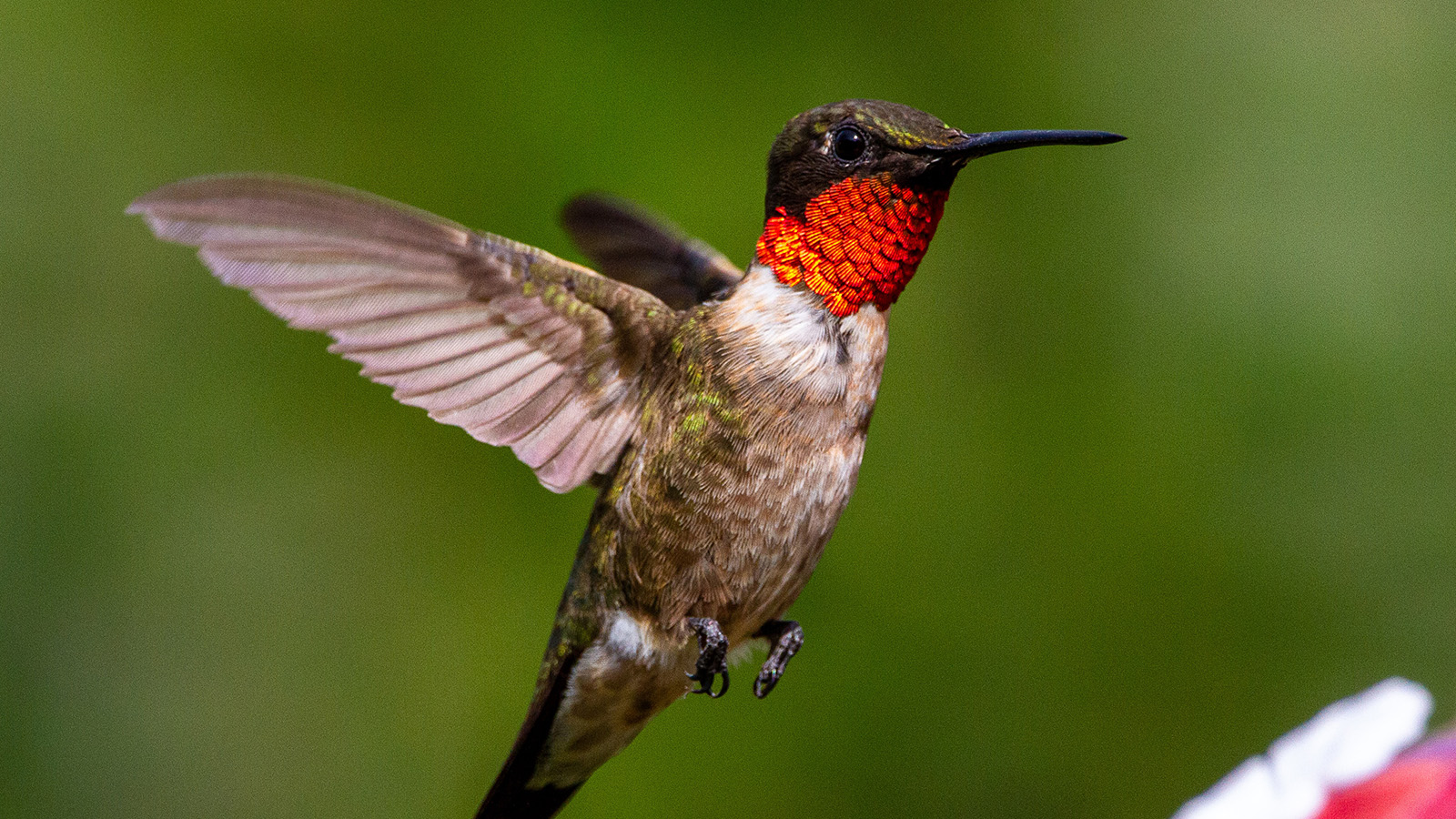
Jewels of the sky
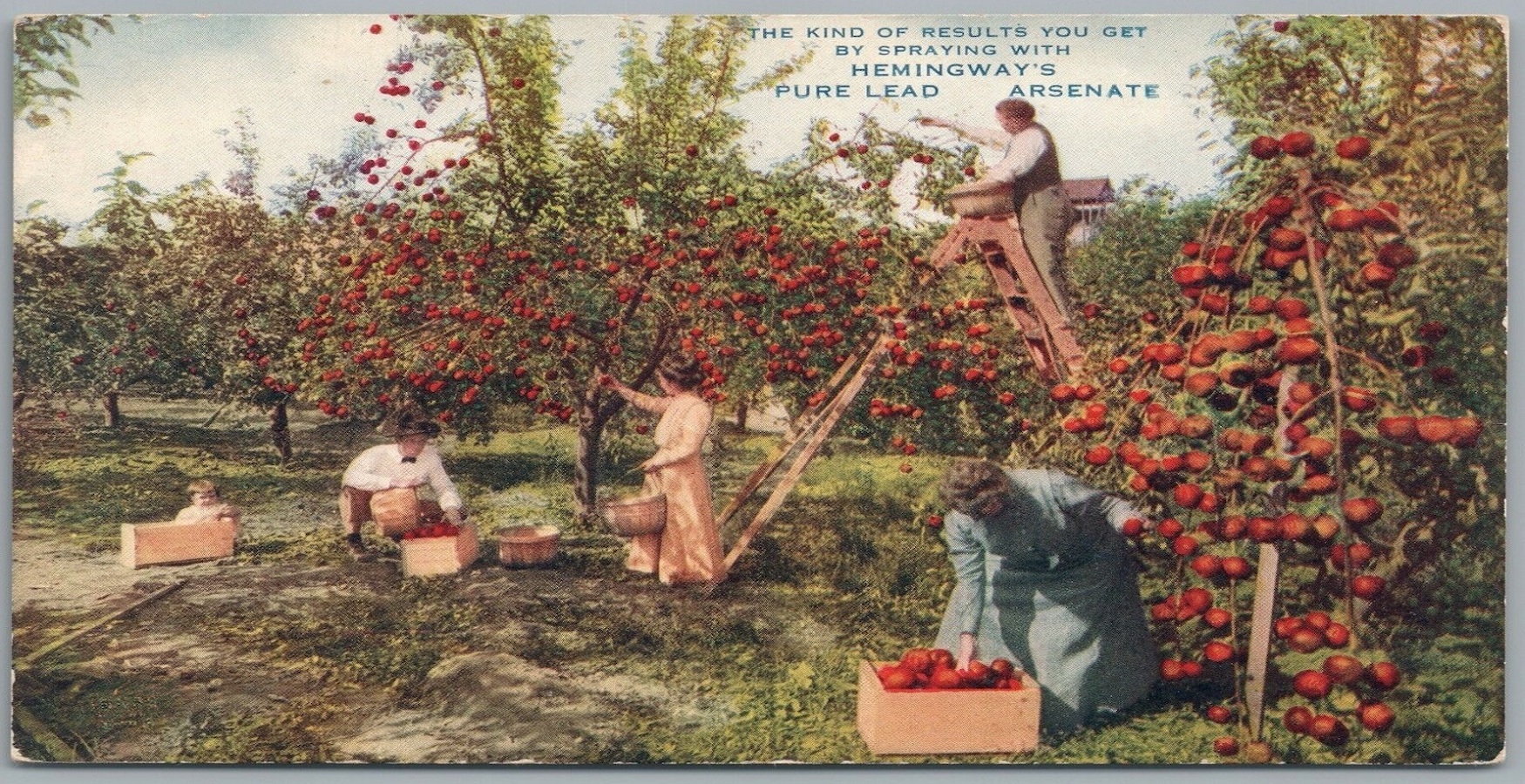
Innocent until proven guilty works for people — not chemicals.

A look back at what our unique network accomplished in 2023
